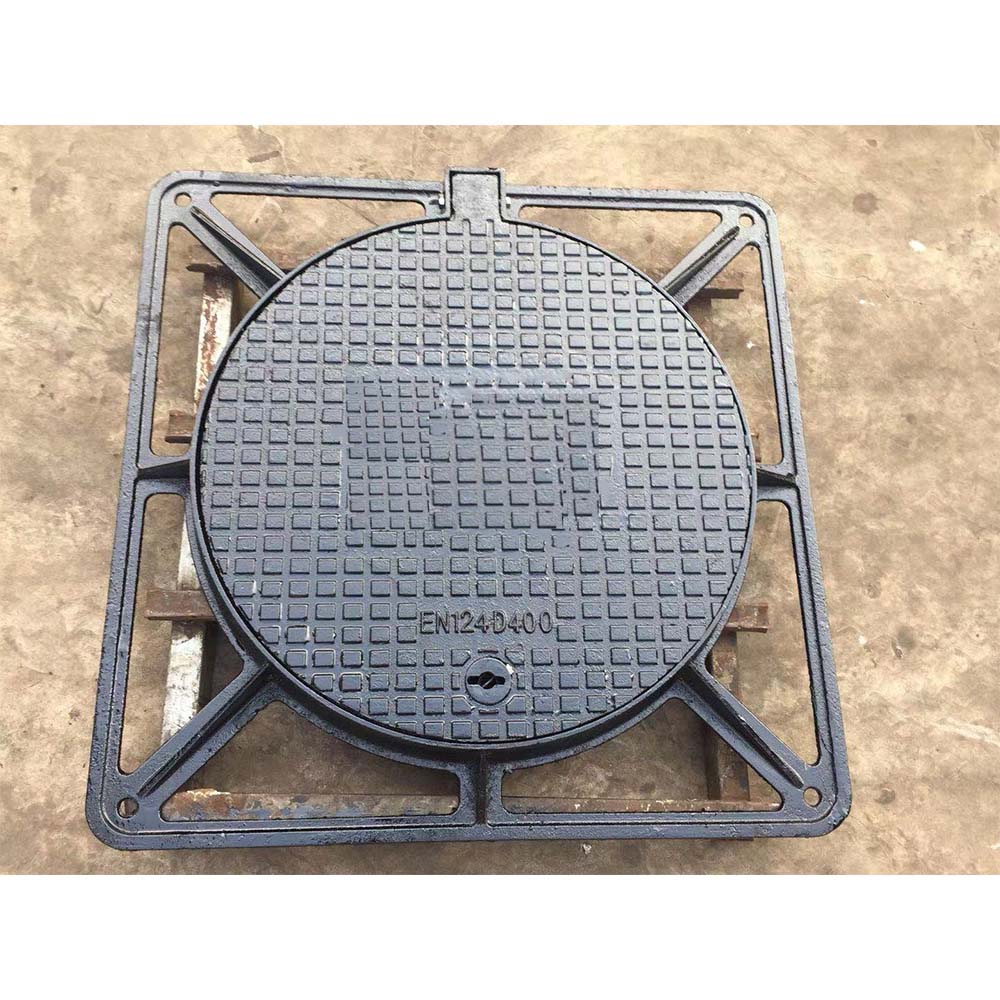Air Release Valve Solutions for Efficient Boiler Operation and Maintenance
Understanding Air Release Valves for Boilers
Air release valves play a crucial role in the efficient operation and maintenance of boiler systems. These valves are designed to remove trapped air from the boiler, ensuring optimal performance and preventing potential issues. In this article, we will explore the functionality, types, and importance of air release valves in boiler systems.
What is an Air Release Valve?
An air release valve, also known as an air vent or automatic air vent, is a device installed on the boiler or connected piping to expel trapped air. Trapped air can lead to several complications, including reduced efficiency, decreased heating capacity, and even damage to the boiler. Therefore, the installation of an air release valve is essential for maintaining the health of a boiler system.
How Does an Air Release Valve Work?
Air release valves operate based on the principles of buoyancy and pressure differentials. When air collects within the boiler system, it occupies space that should be taken up by water or steam, leading to inefficiencies. The air release valve has a float mechanism that detects the presence of air. When air accumulates, the pressure inside the valve decreases, causing the float to drop and open the valve.
Once the valve opens, the trapped air escapes from the system. As the air is released, the float rises again, closing the valve to prevent water or steam from escaping. This automatic mechanism ensures that no manual intervention is required, making it a reliable solution for free air removal.
Benefits of Air Release Valves
1. Increased Efficiency By removing trapped air, air release valves help maintain optimal operational pressure and temperature. This leads to increased efficiency in the heating process and lower energy costs.
2. Prevention of Water Hammer Water hammer is a phenomenon that occurs when vapor and fluid meet, causing shock waves that can damage pipes and fittings. By eliminating the air pockets that contribute to this issue, air release valves help mitigate the risk of water hammer.
3. Reduced Corrosion Trapped air can contribute to corrosion within the boiler system. Air release valves help prevent this by removing air pockets that can lead to the formation of rust and deposits on internal surfaces.
air release valve for boiler

4. Extended Equipment Lifespan Regular operation of air release valves contributes to the longevity of the boiler system. By preventing conditions that can lead to overheating or mechanical failure, these valves help extend the overall lifespan of the equipment.
Types of Air Release Valves
There are various types of air release valves available on the market, each designed for specific applications
1. Automatic Air Vents These valves automatically release air without the need for manual operation. They are commonly used in residential and commercial boiler systems.
2. Manual Air Vents As the name suggests, these require human intervention to open and close. They are typically found in systems where precise control is necessary.
3. Combination Valves These multifunctional valves serve as both air release and pressure relief devices. They are often used in more complex boiler systems to manage air and pressure simultaneously.
Installation and Maintenance
Proper installation and regular maintenance of air release valves are essential for their effective operation. During installation, it’s important to follow the manufacturer’s guidelines and ensure that the valve is positioned in a location where air can easily collect, such as at high points in the system.
Maintenance involves checking the valve periodically to ensure it is functioning correctly. Signs of malfunction, such as leaks or a failure to open/close, should be addressed promptly, as these can lead to inefficiencies or damage within the system.
Conclusion
In conclusion, air release valves are essential components of boiler systems, ensuring efficient operation and preventing various issues related to trapped air. Their automatic functionality, combined with the benefits of increased efficiency, reduced risk of water hammer, and prolonged equipment lifespan, make them indispensable in both residential and commercial applications. For optimal performance, regular inspection and appropriate maintenance of these valves are necessary to keep your boiler system running smoothly.
-
The Smarter Choice for Pedestrian AreasNewsJun.30,2025
-
The Gold Standard in Round Drain CoversNewsJun.30,2025
-
The Gold Standard in Manhole Cover SystemsNewsJun.30,2025
-
Superior Drainage Solutions with Premium Gully GratesNewsJun.30,2025
-
Superior Drainage Solutions for Global InfrastructureNewsJun.30,2025
-
Square Manhole Solutions for Modern InfrastructureNewsJun.30,2025
-
Premium Manhole Covers for Modern InfrastructureNewsJun.30,2025
